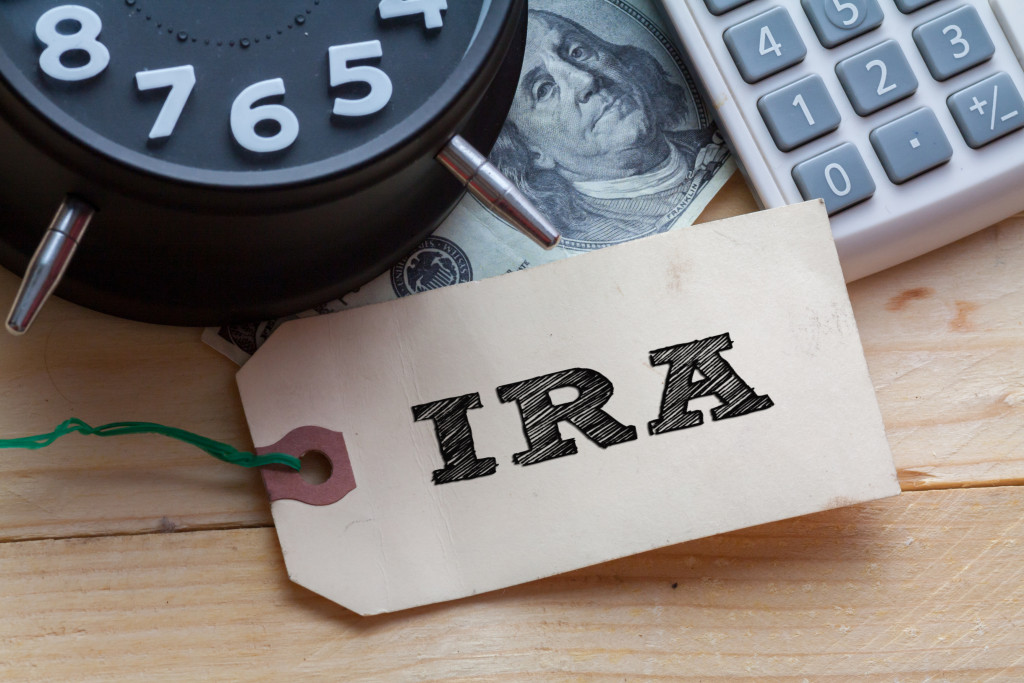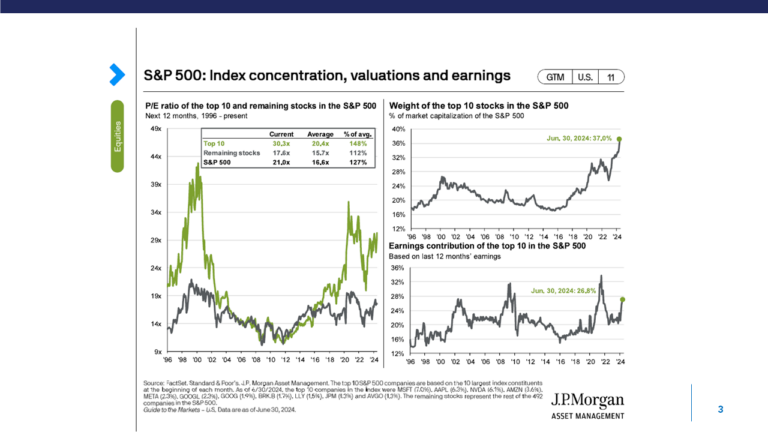If you or your spouse are at least age 70-and-a-half, have an IRA, and donate money to charity, then you should consider the advantages of a qualified charitable distribution (QCD). A QCD lowers your adjusted gross income (AGI), which in turn may:
- lower the amount of your Social Security benefit subject to tax
- reduce your Medicare premiums
- keep your itemized deductions from being phased out
- lower the threshold for deducting medical expenses and miscellaneous itemized deductions
What is a QCD, you ask? A QCD occurs when an IRA owner has money distributed from their IRA directly to a public charity. This is different from having money go from your IRA, into your own pocket, and then gifting it to a charity, in which case you would deduct the amount on Schedule A and potentially lose the benefits listed earlier. Some other rules of a QCD are:
- Must be at least age 70.5 on the day the money is distributed from the IRA
- The receiving organization must be a public charity
- $100,000 maximum per year, per tax payer
- The check must be payable to the organization, but can be mailed to the IRA owner
QCDs can be done from IRAs, rollover IRAs, and even inherited IRAs, provided that you are at least age 70.5 the day the money is distributed. You cannot do QCDs from employer retirement plans such as 401(k)s and 403(b)s. It’s also important to note that any QCD amount done counts toward your age 70.5 required minimum distribution for the year.
Very important – Your IRA custodian (the company holding your IRA) is not required to report a QCD transaction on Form 1099-R. This means that the 1099-R will show any money you donated in the form of a QCD as a normal distribution. If you do not tell your accountant that you made a QCD, then they will most likely include the entire amount listed on the 1099-R as income to you, therefore increasing your tax burden! Also, because a QCD lowers your adjusted gross income (AGI), you cannot take a charitable deduction for it on Schedule A, so make sure your accountant is aware of how your RMD was handled.
If you believe that you have done a QCD, but are unsure if you alerted your accountant about it, lines 15A and 15B of Form 1040 will tell you the answer. Line 15A should list the entire amount of any form of distribution from your IRA for the year. Line 15B should list the same amount as 15A, less any amount done as a QCD to a charity or as a direct rollover to another IRA. The notation “QCD” should also be listed in the white space next to line 15B. If you find any discrepancies, you have the ability to file an amended return for up to three years’ worth of tax returns.
A qualified charitable distribution is just one more tool in your pouch that may be able to save you money. If you think a QCD may benefit you, contact your CERTIFIED FINANCIAL PLANNER ™ professional to go over your specific situation and determine if it makes sense for you.
Paul Coleman III, CFP®
Financial Advisor


